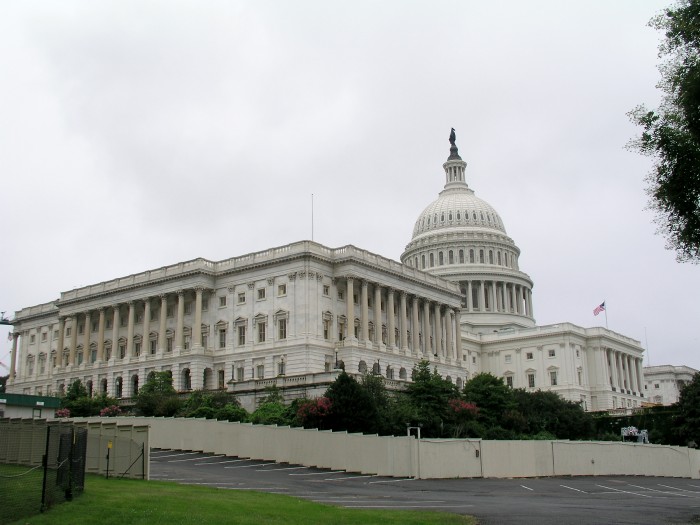Political Leadership on Policy Cited as Missing Ingredient in Social Security’s Plight - Bipartisan Policy Center; AMAC

“The longer Congress waits to act, the harder solving Social Security’s financial challenge becomes, and the more retirees and taxpayers will be on the hook for lawmakers’ inaction.” That statement was lifted from the Bipartisan Policy Center’s “2025 Social Security Trustees Report Explained” document, and it reiterates comments we’ve been advancing on this website for many years. Time continues to evaporate as the Social Security old-age and survivors insurance (OASI) trust fund likewise evaporates, with now less than eight years remaining before the most successful senior support program in America’s history falls into insolvency.
The Bipartisan Policy Center (BPC) document highlights the $23 trillion shortfall facing Social Security over the 75-year projection period, singling out the major contributors to a problem that has been known for decades. The need for bipartisan leadership to face the issue is noted in the BPC document, characterized by this statement, “Many members in both parties are content to promote either no changes to the program or partisan solutions that cannot pass—both of which only lead us closer to an across-the-board cut while the clock ticks away.” In other words, “protecting Social Security” by doing nothing offers no solution to the problem; instead, it becomes a tacit endorsement of the program’s looming inability to meet scheduled benefit obligations.
As stressed in the BPC document, Social Security has for the most part operated on autopilot since the last set of reform measures — Public Law 98-21, the Reagan administration’s “Social Security Amendments of 1983.” The report highlights that default management has led to a program that is unable to address the demographics of the 21st Century: a declining worker-to-beneficiary ratio, substantially increased life expectancy, and an imbalance in the distribution of benefit payments. Consequently, the article advocates a return to “active stewardship” on the part of Congress to meet the challenge.
The Association of Mature American Citizens (AMAC) agrees with the BPC’s advocacy for direct, immediate congressional intervention in the steadily eroding financial condition of Social Security. AMAC has conducted years of careful research into Social Security’s long-term insolvency problem, analyzing the societal and economic events that have materialized during the program’s nine decades of operation. The result of AMAC’s work in this area is its Social Security Guarantee proposal, a pathway to resolving the steadily unfolding catastrophe facing America’s seniors. For a complete review of this proposal, visit the AMAC website.
